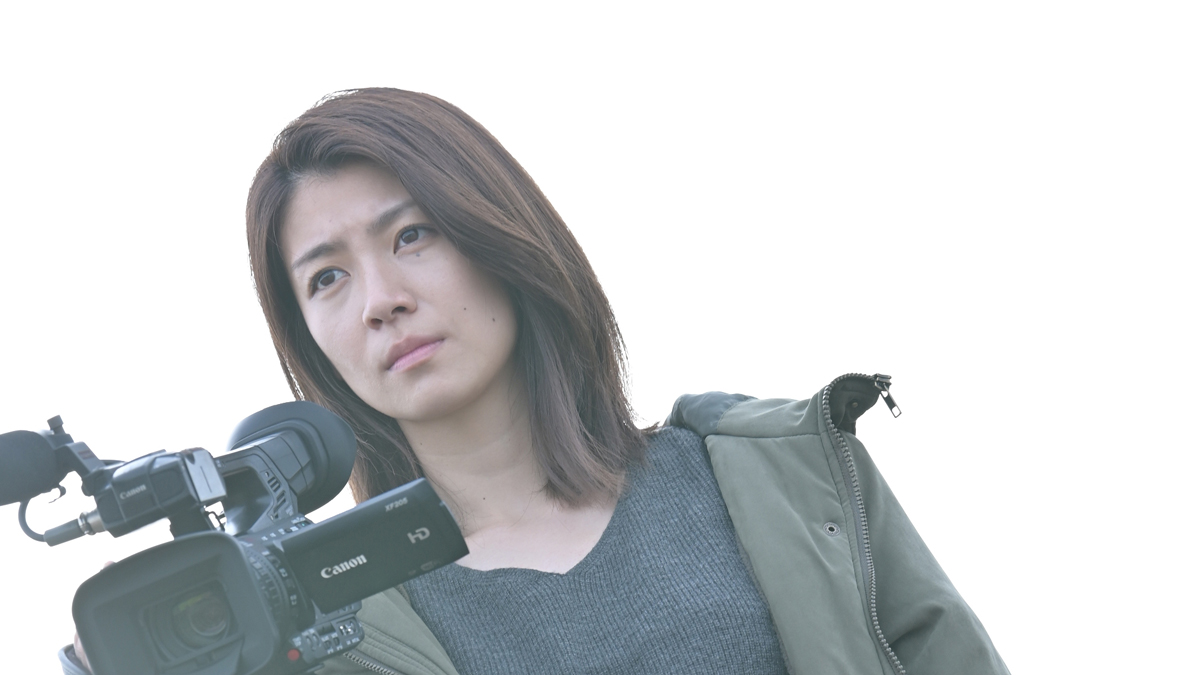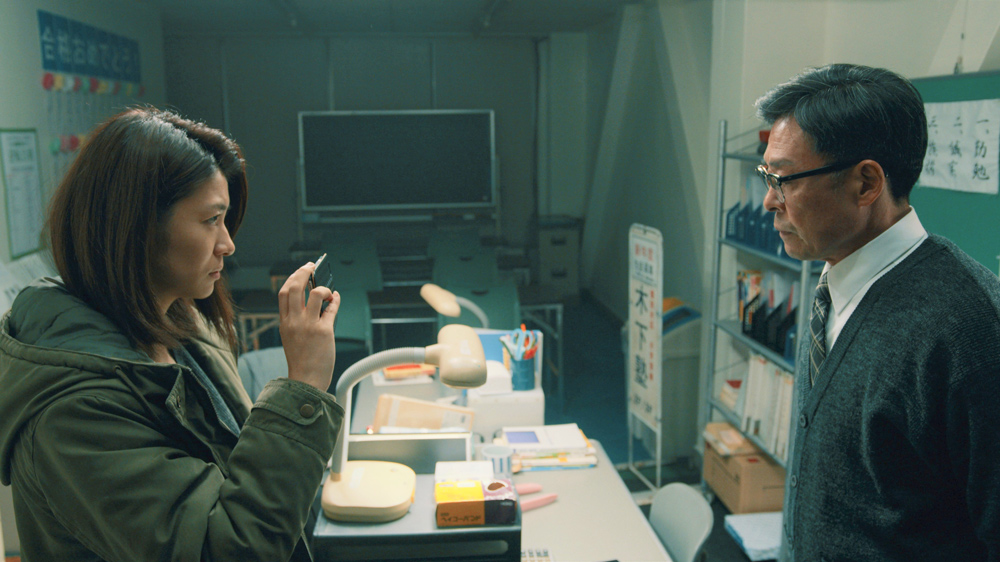
©️2020 Eiga Kobo Spring Group LLC
“A Balance” The outline of correctness that emerges by thoroughly avoiding “answers”
2021.10.02
Director Harumoto's perspective is similar to the Dardenne brothers.
Plato, the great philosopher of ancient Greece, once wrote in his book `` The State' ' that ``Justice consists in possessing what is worthy of oneself and acting in a manner worthy of oneself.'' Since time immemorial, people have been saying that justice is an ``extremely vague thing'' that easily changes depending on one's position and environment.
Approximately 2,500 years have passed since Plato's time, and now in the age of social media, anyone can assume the role of "judge." By simply clicking the Tweet button, you can easily denounce others and flaunt your own righteousness. Against that justice, someone brandishing another justice brings down the hammer of justice. It's a never-ending spiral in which the "judge" and the "judged" constantly switch places. They believe that this is "correctness" and have no doubts about it, which makes it even worse. We do not heed Plato's words and continue to spread intolerance across the internet.
Yuko, as a documentary director, also finds herself in a situation where she is forced to make an "ultimate choice," and her position is reversed from being the "judge" to the "judged." The decision she came to after intense conflict was not a decision made out of self-preservation, but based on her own sense of ethics and morals, but it was a choice that could be called self-preservation by others. , she voluntarily confesses everything to the "judge" and attempts to receive judgment.

“A Balance” ©️2020 Eiga Kobo Spring Group LLC
At this time, the "judge" and the "judged" are not depicted in a cut-back, but are contained in the same frame of one scene and one cut. In the opening scene, Yuko looked at Hasebe as a ``judge,'' but here, the ``judge'' and the ``judged'' are shown as equal beings. Could this be Director Harumoto's quiet resistance to condemning others too easily?
This attitude is also strongly expressed in the works of the Dardenne brothers, whom he cites as his favorite director. For example, in `` Until That Hand Touches Me '' (19), an ordinary 13-year-old boy is inspired by radical religious ideas and attempts to murder the teacher at his school. The Dardenne brothers never condemn this boy, nor do they defend him, but instead watch over his life. That perspective is similar to that of director Harumoto. I never try to force myself into a single conclusion.
This is probably the reason why no musical accompaniment is played in ``A Balance''. Whether it's melancholic or optimistic, music guides the viewer in a unique direction. The more ambiguous the film becomes, the more music is stripped from the film and only natural sounds fill the screen.
What is the meaning behind the title?

